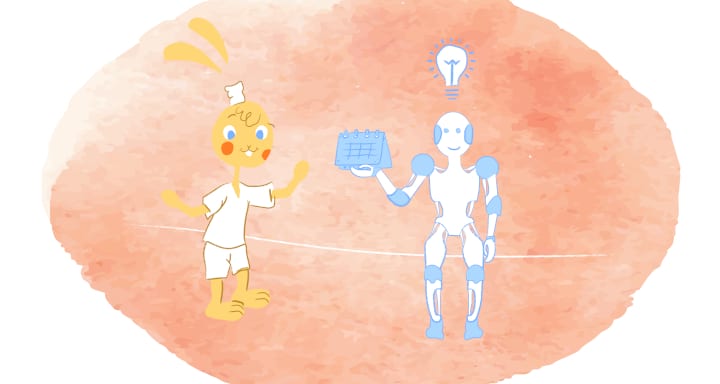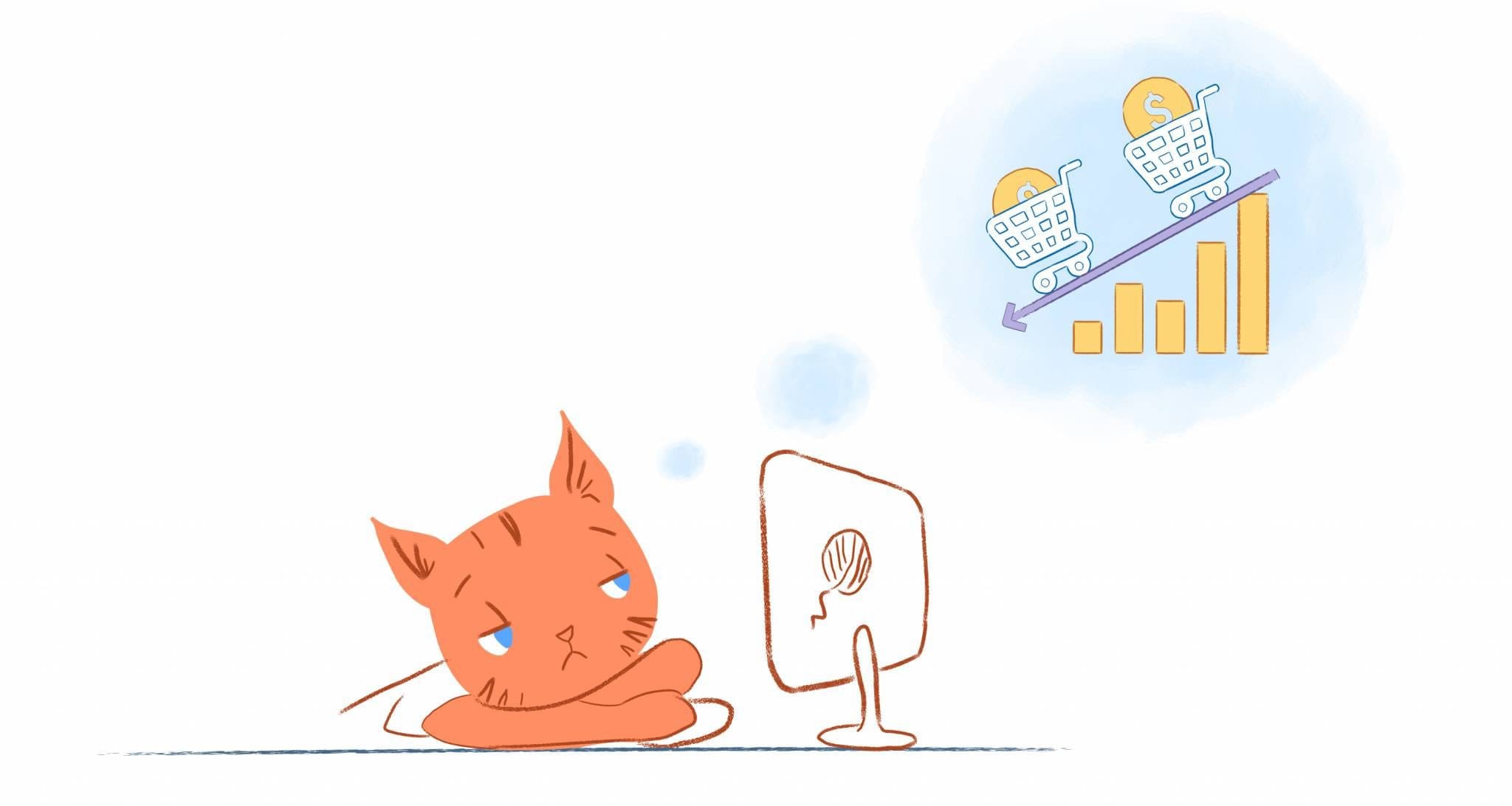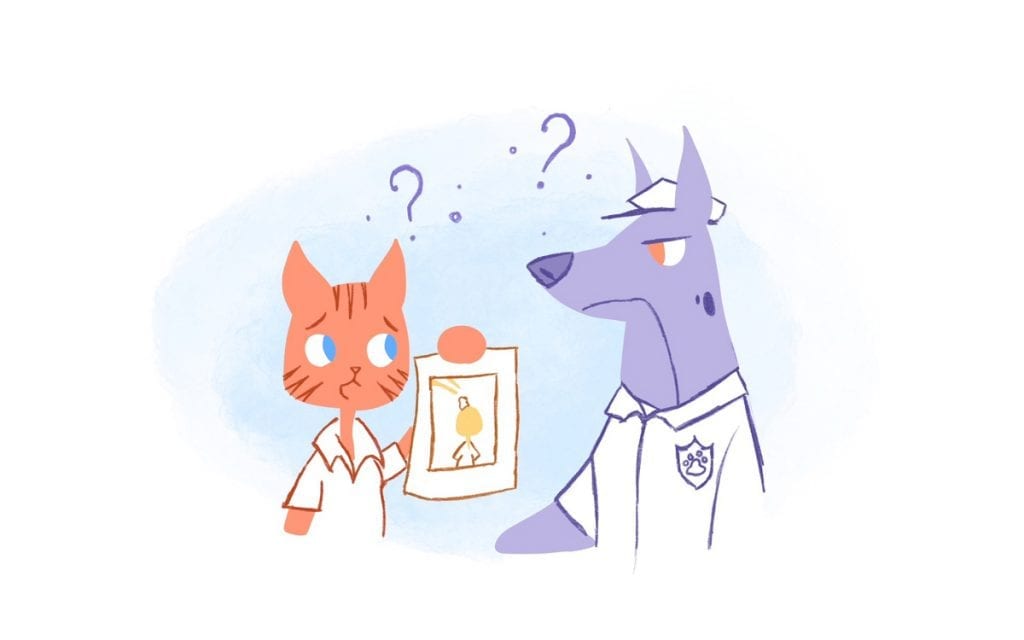

It may seem radical to do less on purpose in a world obsessed with 5 a.m. routines, color-coded calendars, and maximum productivity. But what if the key to long-term productivity isn’t hustle culture? What if slowing down is the secret weapon that high performers often forget about?
Here’s the Anti-Hustle Summer: a mindset shift that encourages presence, stillness, and mindful restoration – not laziness, but sustainable productivity.
The Myth of Constant Motion
Often, we confuse busyness with value in this hustle-driven culture. There is an unspoken rule: if you don’t move constantly, you’ll fall behind. From social media soundbites to productivity gurus, the message is relentless: keep grinding or risk being irrelevant.
There is, however, a price to pay for this mindset.
The glorification of nonstop effort has fueled a dangerous belief: burnout should be regarded as a badge of honor, and rest as a right. In reality, the picture is very different. In terms of creativity, cognition, and physical health, pushing without pausing leads to diminishing returns.
Here’s what the data tells us;
Productivity takes a hit.
After working more than 50 hours per week, productivity per hour drops dramatically, according to a Stanford University study. After 55 hours, output declines so sharply that it is almost negligible.
Burnout is real — and costly.
Burnout occurs as a result of prolonged overload and chronic stress, characterized by cynicism, detachment, and low performance. As a result, your work quality, passion, relationships, and overall health are eroded.
Health risks skyrocket.
Those who overwork long-term are more likely to suffer from heart disease, stroke, diabetes, poor sleep, depression, and cognitive decline. Even when you don’t keep score, your body does.
Creativity and focus decline.
The brain is not wired to produce constant amounts of information. Rest is essential to solving problems, making decisions, and being creative. By skipping breaks, you drain your mental faculties.
Work quality suffers.
As fatigue builds, mistakes increase, and attention to detail declines. Often, what starts out as a push for productivity ends up producing subpar results and resulting in mistakes that can be avoided.
Mental health deteriorates.
It is possible to become anxious, depressed, and emotionally exhausted when you overwork. Conversely, time off-either a proper vacation or a quiet afternoon-reduces stress and boosts happiness.
Diminishing returns are inevitable.
Energy is a finite resource, just like any other resource. When you demand without replenishing, each additional effort becomes less effective. Eventually, you’ll be working harder but achieving less.
You lose sight of what matters.
The constant hustle can crowd out everything else, including hobbies, relationships, and even your sense of purpose. When life is narrowed to a never-ending to-do list, meaning and joy are hard to find.
Safety risks increase.
Especially in high-stakes, physically demanding jobs, fatigue increases the chances of accidents and injuries.
Basically, the constant-motion mindset backfires over time. Instead of propelling you forward, it often grinds you down.
The antidote? Intentional stillness.
Indulging in pauses, reflections, and resets is not indulgent; it’s strategic. Rest promotes resilience, enhances creativity, and sharpens judgment. By allowing yourself to slow down, you aren’t giving up on your goals. With clarity and energy, you can pursue them more effectively.
Summer Is Nature’s Invitation to Slow Down
Even nature seems to be moving into a slower rhythm as the days grow longer and the sun lingers. It’s no coincidence that so many cultures have traditionally used summer for reflection, celebration, and reconnection. The season is not just about productivity, but also about presence.
Instead of treating summer as an opportunity to hustle more, think of it as an opportunity to reset your pace internally. You don’t have to abandon your responsibilities and ambitions; you just have to approach them with more intention and less urgency.
Why Stillness Isn’t Laziness
Being still doesn’t mean doing nothing. The goal is to create a space for clarity, awareness, and presence. In essence, it’s decluttering your mind — making space for ideas, priorities, and insights that get lost in a sea of busy work.
You can benefit from stillness in the following ways;
- Clarity over chaos. When you don’t rush from one task to the next, you have time to reflect. Eventually, you begin to see what’s working, what’s not, and where you should spend your time and energy.
- Creativity thrives. A lot of our best ideas come from activities rooted in relaxed awareness, such as walking, showering, or daydreaming.
- Nervous system reset. Chronic stress puts your body in fight-or-flight mode. By switching into rest-and-digest mode, stillness supports better sleep, digestion, and emotional regulation.
5 Anti-Hustle Practices to Try This Summer
Whether you’re looking to cultivate presence and stillness or achieve goals, here are five practical ways to do so.
1. Redesign your mornings for presence, not performance.
Instead of rushing straight into Slack, email, or a to-do list, start your day with stillness. You may enjoy a cup of coffee outside, journaling, meditating, or going for a quiet stroll.
Grounding yourself at the start of every day sets the tone for everything that follows. Often, it leads to more intentional, focused work by training your brain to respond rather than react.
2. Schedule “white space” on your calendar.
It is not necessary to measure everything that is productive. As such, each week, schedule unstructured time, with no meetings, no tasks, no pressure to “use” that time.
You can gain surprising insights through white space or simply give your brain the downtime it needs to function at its best, the rest of the week. You can think of it as an investment in your future clarity.
3. Practice mindful work sprints.
Whenever you do work, make sure you’re fully present. Rather than multitasking or changing context every few minutes, commit to 45-60 minutes of deep focus interrupted by breaks (not doomscrolling).
As a result, you’ll get more done in less time. You’ll avoid the tired, scattered feeling of being “sort of working” all day.
4. Create a “summer slow list.”
Rather than a summer bucket list full of activities, create a list of five to ten simple experiences you want to relish this summer. Consider sunset walks, handwritten letters, long lunches, and digital detox weekends.
These aren’t tasks to check off like a to-do list. It’s about filling your summer with moments that renew your soul and remind you of how precious life is.
5. Reevaluate your metrics of success.
As part of hustle culture, success is defined by volume. The number of hours you spend, the amount of sales you make, and the number of emails you send. Wouldn’t it be better if success looked more like alignment, joy, and purpose?
This summer, consider whether your actions reflect your deeper values. Rather than just looking good on the outside, are you building a life that feels good?
The power of presence lies in the fact that it enables you to aim more precisely. When you’re heading in the wrong direction, moving fast makes no sense.
The Long-Term ROI of Doing Less
Summer isn’t just about enjoying the moment. In the end, it’s about building the foundation for better productivity.
The following happens when you slow down;
- When you’re not reacting from a place of panic or pressure, you make better decisions.
- By working with your body and mind, you experience less burnout.
- Whether you’re at work, in relationships, or just being yourself, you show up better.
Sustainable success doesn’t come from working harder. It’s about becoming wiser.
A Final Thought: Stillness Takes Courage
There is something gutsy about choosing to pause in a society that glorifies busyness. At first, it may seem counterintuitive or even irresponsible. In reality, stillness and presence do not threaten ambition. As allies, they support it.
This summer, resist the temptation to chase every opportunity, respond to every notification, or fill every minute. Instead, embrace the discomfort of slowing down. Breathe. Reflect. And, reconnect with what matters.
Maybe your most productive season doesn’t begin with a sprint, but with a still, quiet moment of clarity.
FAQs
What exactly is the “Anti-Hustle Summer” mindset?
During the summer months, the Anti-Hustle Summer is a deliberate shift away from constant productivity. Rather than viewing rest as a reward or a sign of laziness, it emphasizes presence, stillness, and mindful restoration as strategies to enhance long-term productivity and well-being.
How can slowing down actually make me more productive?
Slowing down can improve clarity, creativity, and decision-making by allowing your brain to rest and recharge. When you don’t react constantly or feel overwhelmed, you can focus on high-impact tasks with more intention, leading to more effective and sustainable results. It’s not about working harder, but smarter.
I’m worried about falling behind if I adopt this approach. How do I manage that fear?
Often, this is a concern. During the Anti-Hustle Summer, though, you shouldn’t give up on your goals, but rather reevaluate your methods. If you incorporate small, intentional periods of stillness into your day, such as redesigning your mornings or scheduling “white space,” you will soon feel less stressed and more focused. Keep in mind that progress is not always about speed, but also about direction and sustainability.
What if my job or industry demands constant hustle? Can I still practice this?
Absolutely.
Anti-Hustle Summer elements can be implemented even in demanding environments. To maximize your focus during active periods, focus on mindful work sprints. When you take a break, be intentional about stepping away from your screens. Also, your definition of success should go beyond the number of hours you work. Even small changes to your routine, such as a present-focused morning, can have a big impact on your energy and resilience.
How can I measure the success of an “Anti-Hustle Summer” if it’s not about traditional metrics?
An Anti-Hustle Summer doesn’t measure success by how many emails are sent or how many tasks are completed, but by how well you improve in a variety of areas. You might feel more refreshed and less burnt out, experience increased creativity, make better decisions, have better relationships, and sleep better, as well as have a greater sense of overall well-being. In the end, the goal is to make work and life more joyful, sustainable, and effective.
Image Credit: Toa Heftiba Şinca; Pexels











John Hall
John Hall is the co-founder of Calendar a scheduling and time management app. He’s also a keynote speaker that you can book at http://www.johnhallspeaking.com.